- Need Technical Assistance? togetherthevoice25@getvfairs.io
To view a presenter bio, click on their name.
 November 5, 2025 07:30 am
November 5, 2025 07:30 am
 James K. Whittaker
James K. Whittaker Sigrid James
Sigrid James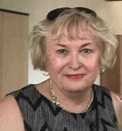 Patricia McNamara
Patricia McNamara Jim Anglin
Jim Anglin Lisa Holmes
Lisa Holmes November 5, 2025 08:30 am
November 5, 2025 08:30 am
 November 5, 2025 09:00 am
November 5, 2025 09:00 am
1 NASW CE Available for this Workshop - Must Watch LIVE
In a world increasingly marked by instability, divisive politics and climate harm, children are absorbing the emotional weight of uncertainty. This keynote explores how relational safety can serve as a stabilising force amidst chaos, offering young people a sense of rootedness, connection and hope.
Drawing on trauma-informed principles, Lisa's research on belonging for those with care experience and practice, we’ll examine how professionals in child and family services can intentionally cultivate environments of trust and belonging.
Through exploring belonging, mattering and liminality, attendees of this keynote will be invited to consider:
• How do we recognise and respond to the relational needs of children living in chronic uncertainty?
• What does it mean to model hope?
• How can we embed relational safety into our language, systems and daily interactions to accelerate optimism and agency?
This session is both a call to action and a space for renewal for those who hold hope on behalf of others.
 Lisa Cherry
Lisa Cherry November 5, 2025 10:15 am
November 5, 2025 10:15 am
Many organizations employ recreation therapists to ensure leisure, mindfulness, and movement are all part of the healing journey for young people and families. The activities also have practical applications for staff! Join us for an engaging 10-minute break (don’t worry, cameras off) to help reset and improve your focus, mindset, and cognitive well-being to make the most of learning throughout the day!
 Jessica Linick
Jessica Linick November 5, 2025 10:30 am
November 5, 2025 10:30 am
Workshop Session A has 4 options to choose from. Choose 1 to watch LIVE and view the recordings of the others at a later time. All recordings will be available for the next 30 days.
 November 5, 2025 10:30 am
November 5, 2025 10:30 am
This workshop explores the profound impact that substance use disorders and mental health challenges have—not only on the individual—but on the entire family unit. The emotional, relational, and systemic effects can disrupt family dynamics, cause long-term trauma, and create isolation and fear. By centering the voice of lived experience, this session will highlight how family peer advocates play a critical role in empowering families, reducing stigma, and promoting healing and resilience.
 Denise Delio
Denise Delio November 5, 2025 10:30 am
November 5, 2025 10:30 am
1 NASW CE Available for this Workshop - Must Watch LIVE
This 60-minute interactive workshop will equip leaders and supervisors to better support neurodiverse staff within direct care environments. Through guided discussion and the sharing of practical strategies, participants will explore the strengths and challenges neurodiverse individuals may experience at work, and learn how to foster belonging, psychological safety, and resilience on their teams. The session will include real-world examples, tools for inclusive supervision, and time for Q&A to help participants apply new insights to their own settings.
 Deborah Getz
Deborah Getz Emma Harding
Emma Harding Katrina Edmon
Katrina Edmon November 5, 2025 10:30 am
November 5, 2025 10:30 am
Residential Support Workers (RSWs) are essential in residential treatment, ensuring clients’ safety and well-being. Despite their importance, they often face inadequate training, limited recognition, and systemic neglect, leading to burnout, vicarious trauma, and high turnover. Nearly half of healthcare workers report burnout (CDC, 2024), with emotional exhaustion increasing risks of client re-traumatization and recidivism. A trauma-responsive approach emphasizing skill development, self-awareness, and professional respect can address these challenges. Through education, reflection, and experiential learning, RSWs build capacity for trauma-responsive, antiracist, whole-person care while redefining their value within historically inequitable systems.
 Katie-Maureen McCoog
Katie-Maureen McCoog November 5, 2025 10:30 am
November 5, 2025 10:30 am
Fostering a culture of acceptance and forgiveness is essential. By using child-centric language, we can shift staff perceptions, leading to positive behavioral changes in both our staff and the children we serve.
 Ryan Lynn
Ryan Lynn Sally Ryan Bosworth
Sally Ryan Bosworth November 5, 2025 11:30 am
November 5, 2025 11:30 am
 November 5, 2025 12:00 pm
November 5, 2025 12:00 pm
Critical Conversations have 4 options to choose from. Choose 1 to watch LIVE. Recordings and certificates will not be available for these conversations.
 November 5, 2025 12:00 pm
November 5, 2025 12:00 pm
Leveraging technology can accelerate your efforts to help staff feel supported, connected, and effective at work. What innovative tech tools are you using to enhance relational care?
 Jessica Linick
Jessica Linick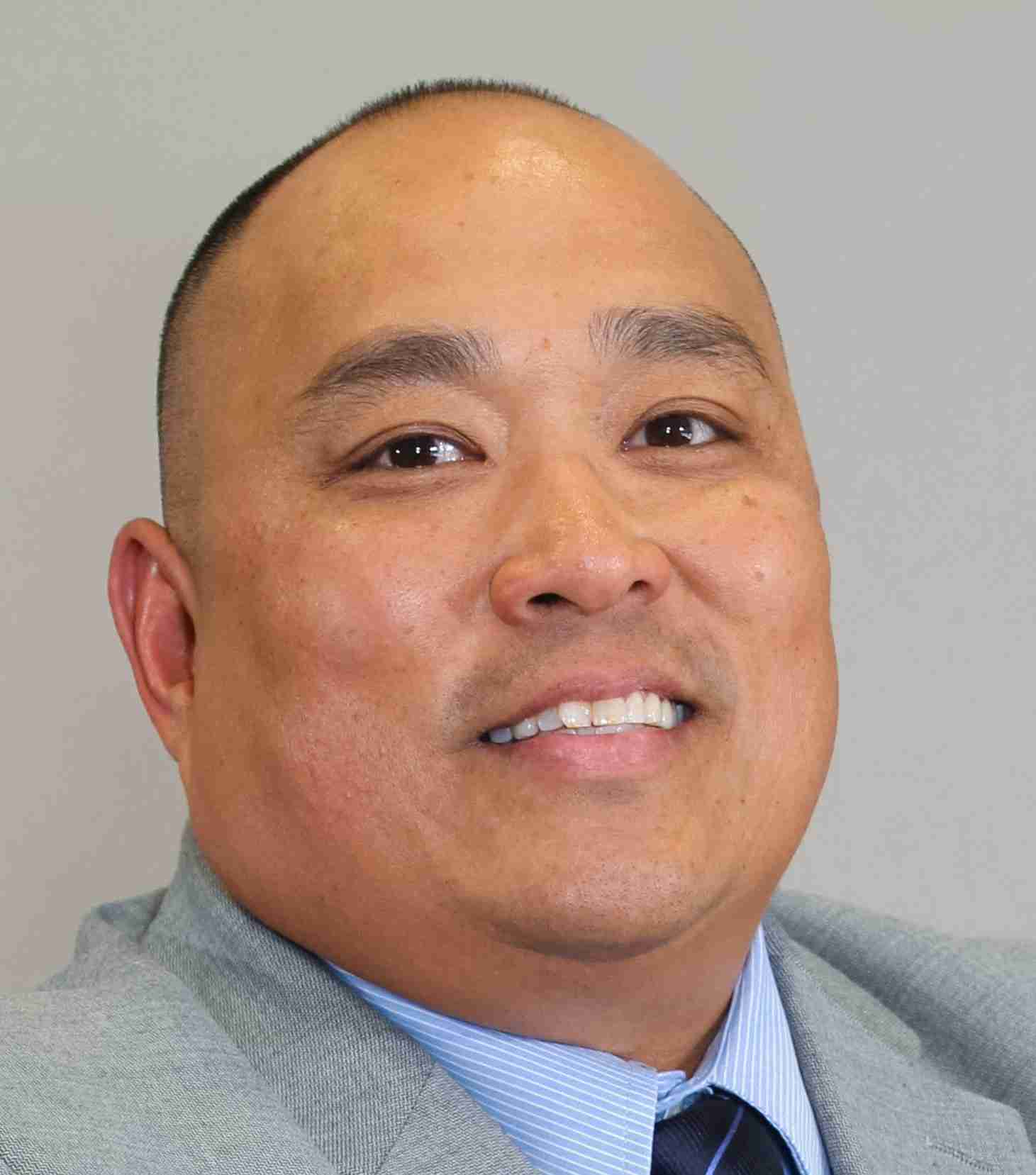 Dennis Maneja
Dennis Maneja November 5, 2025 12:00 pm
November 5, 2025 12:00 pm
As organizations grow, maintaining a connection between leadership and front-line staff remains critical. How does your organization support the communication pathways across your org?
 Ra Shone Franklin
Ra Shone Franklin November 5, 2025 12:00 pm
November 5, 2025 12:00 pm
Social Media: Can we build and model healthy use for youth and young adults?
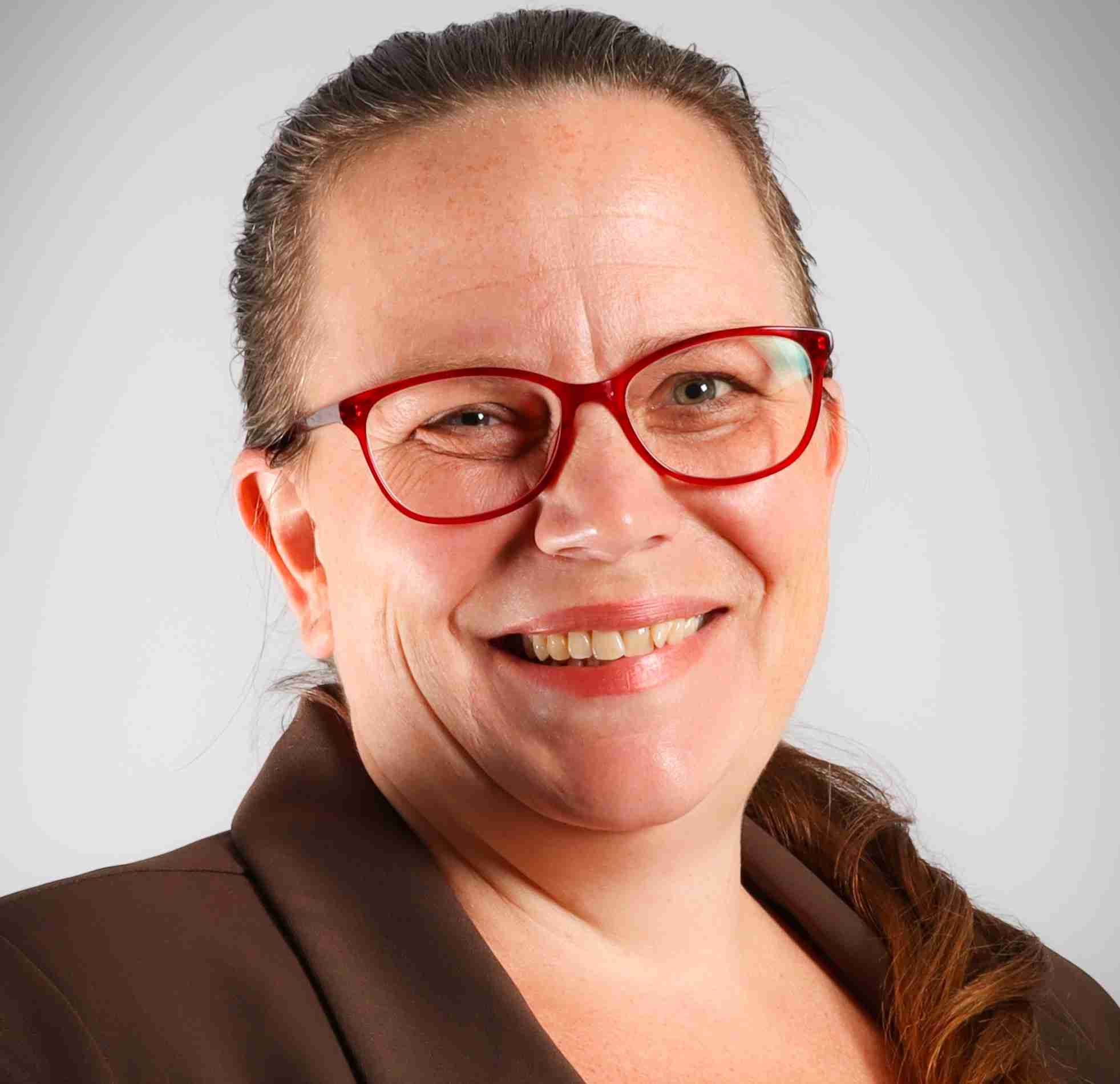 Amanda Pryor
Amanda Pryor Andrew Hernandez
Andrew Hernandez November 5, 2025 12:00 pm
November 5, 2025 12:00 pm
Let’s continue to create cultures of care through ongoing conversations around replacing coercive strategies with trauma responsive interventions.
 David Paxton
David Paxton November 5, 2025 01:00 pm
November 5, 2025 01:00 pm
 November 5, 2025 01:30 pm
November 5, 2025 01:30 pm
1 NASW CE Available for this Workshop - Must Watch LIVE
This presentation will include an overview of the Six Core Strategies which is an evidenced-based practice to prevent and reduce the use restraint/seclusion and coercive practices. Each Core Strategy will be described, translated into day-to-day practice, and discussed thru the experience of youth, families, and staff. Effective interventions to replace coercive interventions will be reviewed. A highlight of the presentation will be the first-hand experience of a program leader, family leader, and youth-expert(s) in applying the Six Core Strategies to their service with recommendations on how to accelerate implementation of this important culture and practice change work.
 Janice LeBel
Janice LeBel Kim Stratton
Kim Stratton Veronica Franklin
Veronica Franklin November 5, 2025 02:30 pm
November 5, 2025 02:30 pm
 November 5, 2025 03:00 pm
November 5, 2025 03:00 pm
1 NASW CE Available for this Workshop - Must Watch LIVE
This session explores the use of a clinical approach and concepts supporting young people who have been impacted by sexual exploitation. The approach explores the physical, relational and spiritual elements of wellbeing. Relational elements will be emphasized with accentuation on low control and high support. The session will highlight how mutuality in relationship produces a warm and inviting social environment, enhances learning, safety, and positive therapeutic outcomes.
 Jason Slemko
Jason Slemko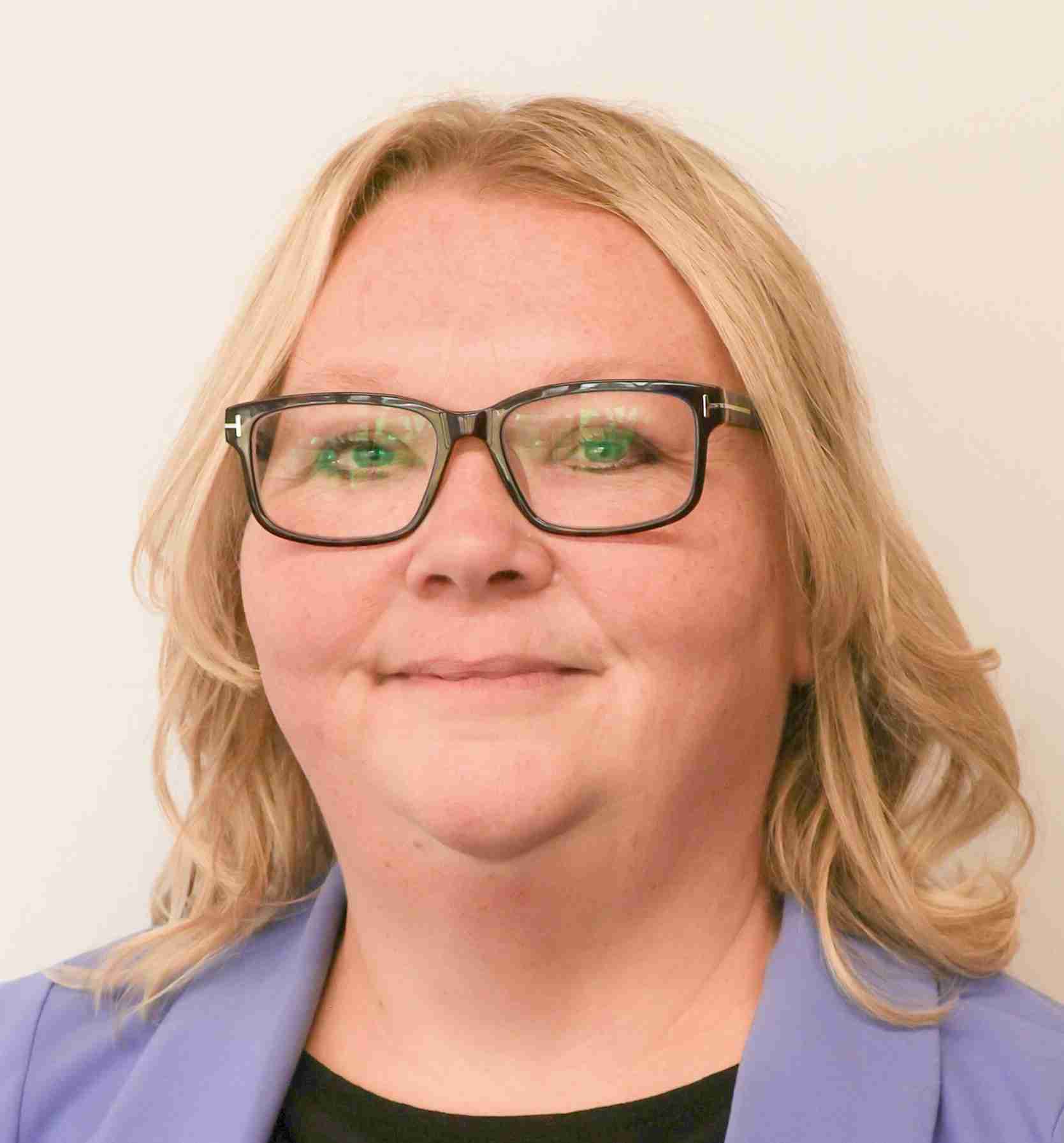 Christina Sackett
Christina Sackett November 5, 2025 04:00 pm
November 5, 2025 04:00 pm
 November 5, 2025 04:30 pm
November 5, 2025 04:30 pm
Pediatric behavioral health professionals often view their work as a calling, yet this calling is accompanied by long hours, significant emotional demands, and high levels of stress. In this session, we will examine how a structured employee peer support program can enhance workforce engagement, improve retention, and strengthen resilience. Peer support serves as a critical mechanism for reconnecting staff with their professional purpose while fostering a culture of mutual understanding. Supporting the well-being of the residential treatment center workforce is essential not only to sustaining their health and effectiveness, but also to ensuring the continued delivery of compassionate, evidence-based care.
 David Huskey
David Huskey November 5, 2025 05:45 pm
November 5, 2025 05:45 pm
Many organizations employ recreation therapists to ensure leisure, mindfulness, and movement are all part of the healing journey for young people and families. The activities also have practical applications for staff! Join us for an engaging 10-minute break (don’t worry, cameras off) to help reset and improve your focus, mindset, and cognitive well-being to make the most of learning throughout the day!
 Jess Linick
Jess Linick November 5, 2025 06:00 pm
November 5, 2025 06:00 pm
Workshop Session B has 4 options to choose from. Choose 1 to watch LIVE and view the recordings of the others at a later time. All recordings will be available for the next 30 days.
 November 5, 2025 06:00 pm
November 5, 2025 06:00 pm
Interrogating our assumptions or myths about families and then "busting" those myths is a necessary step toward full partnership. Family partners as part of the workforce can help in the "myth busting". In this workshop, you will hear feedback from providers who have experienced a shift in culture with more authentic relationships between staff and families. Frontline providers partnering with Family Partners on the healing journey for youth and their families can be very powerful for all involved.
 Sherry Peters
Sherry Peters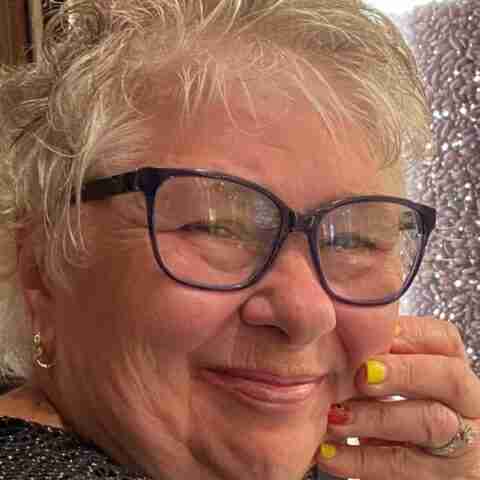 Nancy Pierce
Nancy Pierce Claire Walker
Claire Walker November 5, 2025 06:00 pm
November 5, 2025 06:00 pm
1 NASW CE Available for this Workshop - Must Watch LIVE
Self-awareness can be thought of as the "will and skill to see ourselves clearly." In this training, participants will learn the two sides to self-awareness and why it matters in the workplace. Participants will learn about three strategies to build self-awareness with a chance to practice in small groups.
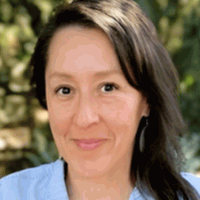 Jacqueline Camacho
Jacqueline Camacho Samira Vishria
Samira Vishria November 5, 2025 06:00 pm
November 5, 2025 06:00 pm
All over the world, communities are struggling with how to best serve the small percentage of young people presenting with the most complex, significant mental health concerns and diagnoses. Closer to Home Community Services has partnered with Recovery Alberta and provincial Child and Family Services to safely move children out of locked hospitals and into community settings. With a focus on the top less than 1% of youth accessing psychiatric supports, we will review youth profiles, delve into individualized treatment approaches, and share practical strategies, including facility planning, staff ratios, and aligned training, that you can generalize to your own agencies.
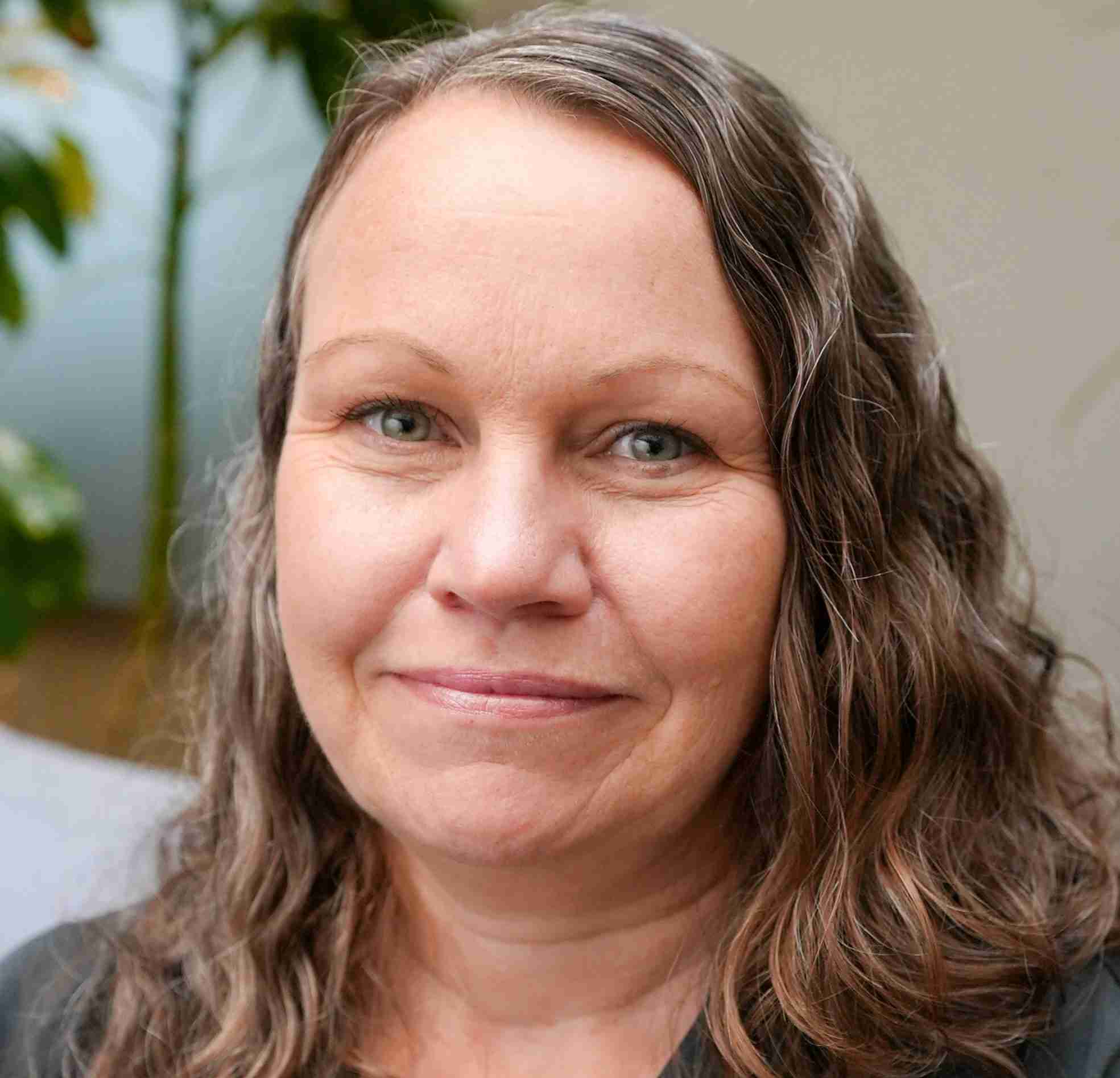 Erin O'Reilly
Erin O'Reilly Kandi Santerno
Kandi Santerno November 5, 2025 06:00 pm
November 5, 2025 06:00 pm
Pat will share new thinking about remaining hopeful and energetic. We will challenge myths of vicarious trauma, that work is entirely depleting, and that there is such a thing as work-life balance. We will include for specific techniques to sustain our workers, and thus reduce turnover.
 Patricia Wilcox
Patricia Wilcox November 5, 2025 07:00 pm
November 5, 2025 07:00 pm
 November 5, 2025 07:30 pm
November 5, 2025 07:30 pm
1 NASW CE Available for this Workshop - Must Watch LIVE
This presentation explores the overlooked and often minimized role of fathers and positive male figures in the lives of children and youth, particularly those in foster care and out-of-home placements. Too often, systems unintentionally exclude or sideline dads through bias, policy, or practice—leaving young people without crucial connections that support their stability, identity, and long-term success. Drawing on research, real-world examples, and outcome data, we will examine how the absence of paternal involvement impacts youth, from educational attainment to emotional resilience. Participants will also gain practical strategies for recognizing and reducing systemic barriers, engaging fathers as partners, and broadening the definition of family support to include male mentors and role models. By reframing how we view and value dads, this session aims to inspire professionals to create more inclusive practices that strengthen family connections, promote equity, and improve outcomes for youth.
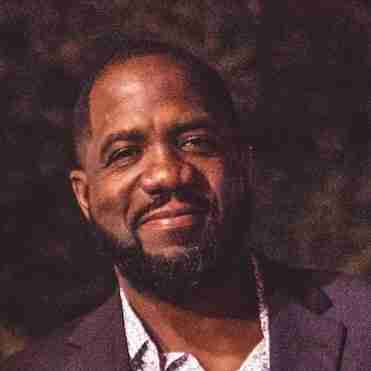 Kevin King
Kevin King November 5, 2025 08:30 pm
November 5, 2025 08:30 pm
 November 5, 2025 09:00 pm
November 5, 2025 09:00 pm
A growing movement in Australia is reshaping child protection by integrating lived experience workers—parents, carers, and individuals who’ve navigated the system—into child and family services. Their empathy and credibility challenge traditional power imbalances, fostering safety, dignity, and trust in systems often marked by fear and disconnection. This presentation explores how organisations embed these roles through co-design, trauma-informed practice, and peer support while addressing challenges like boundaries and role clarity. Centring lived experience offers a compassionate, family-driven approach that transforms services and strengthens engagement, belonging, and hope for lasting systemic change.
 Rachael Dean
Rachael Dean Claire Walker
Claire Walker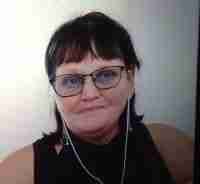 Tammy Prince-Doyle
Tammy Prince-Doyle Jacinta Morey
Jacinta Morey Sav Sfyrios
Sav Sfyrios Emily Keynes
Emily Keynes November 5, 2025 10:30 pm
November 5, 2025 10:30 pm